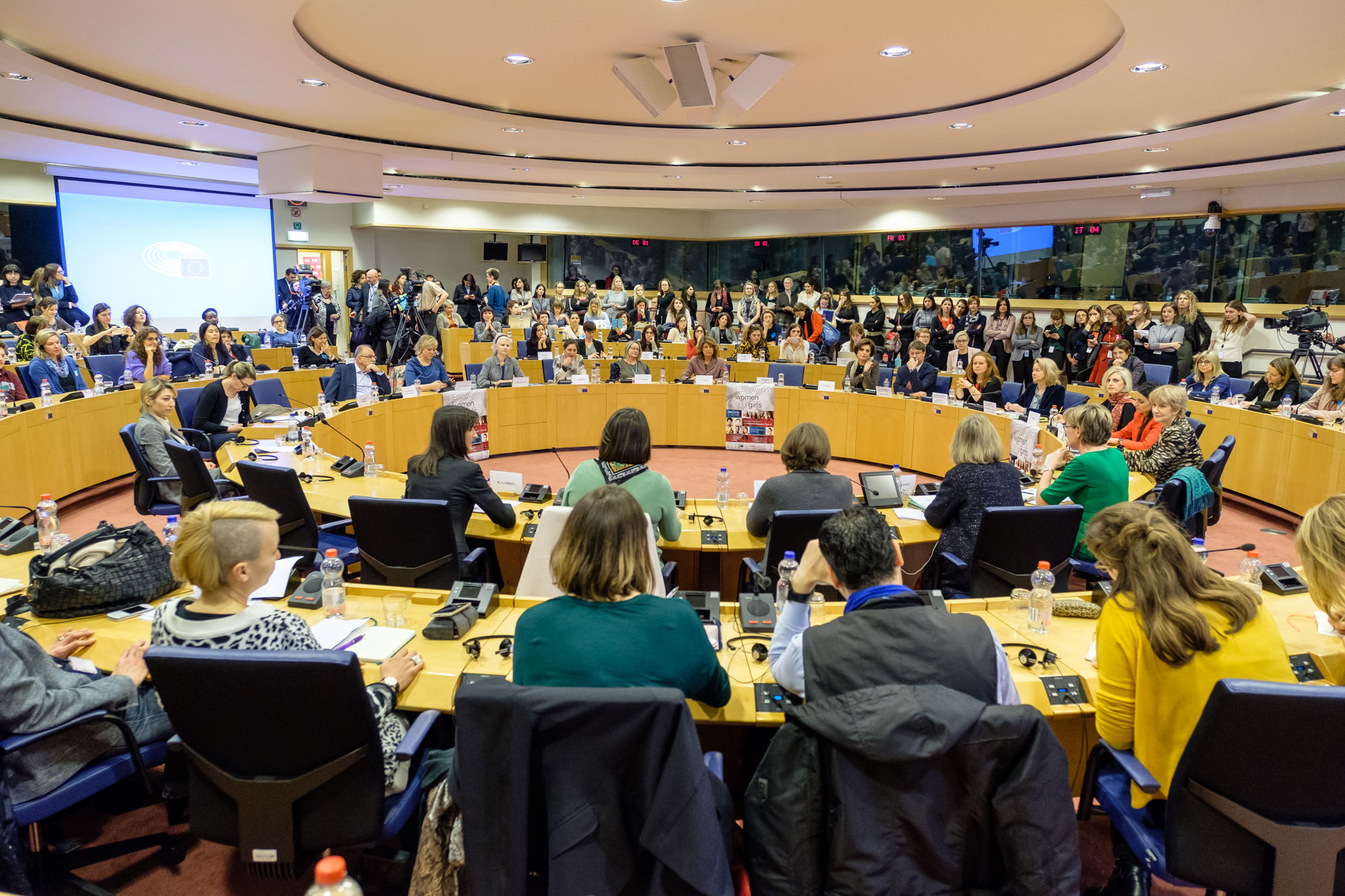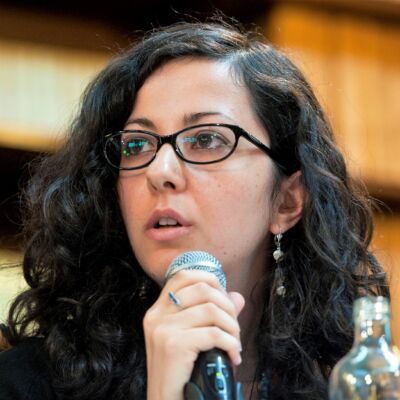EWA is a non-profit association established in Brussels in 2017 by women with a long experience in European affairs. Our aim is to accelerate gender equality and social policies’ integration in the European Union. EWA was created to respond to the rise of movements against European values, threating women’s rights and EU integration.
Although gender equality is a human right and a principle enshrined in the EU’s Treaties, to this day, no Member State has achieved full gender equality and progress has been relatively slow. Gender inequalities remain deeply entrenched in society. Women lack access to decent work, face occupational segregation and gender wage gaps. Limited access to education and health care persist, while violence and discrimination are for too many part of their daily life.
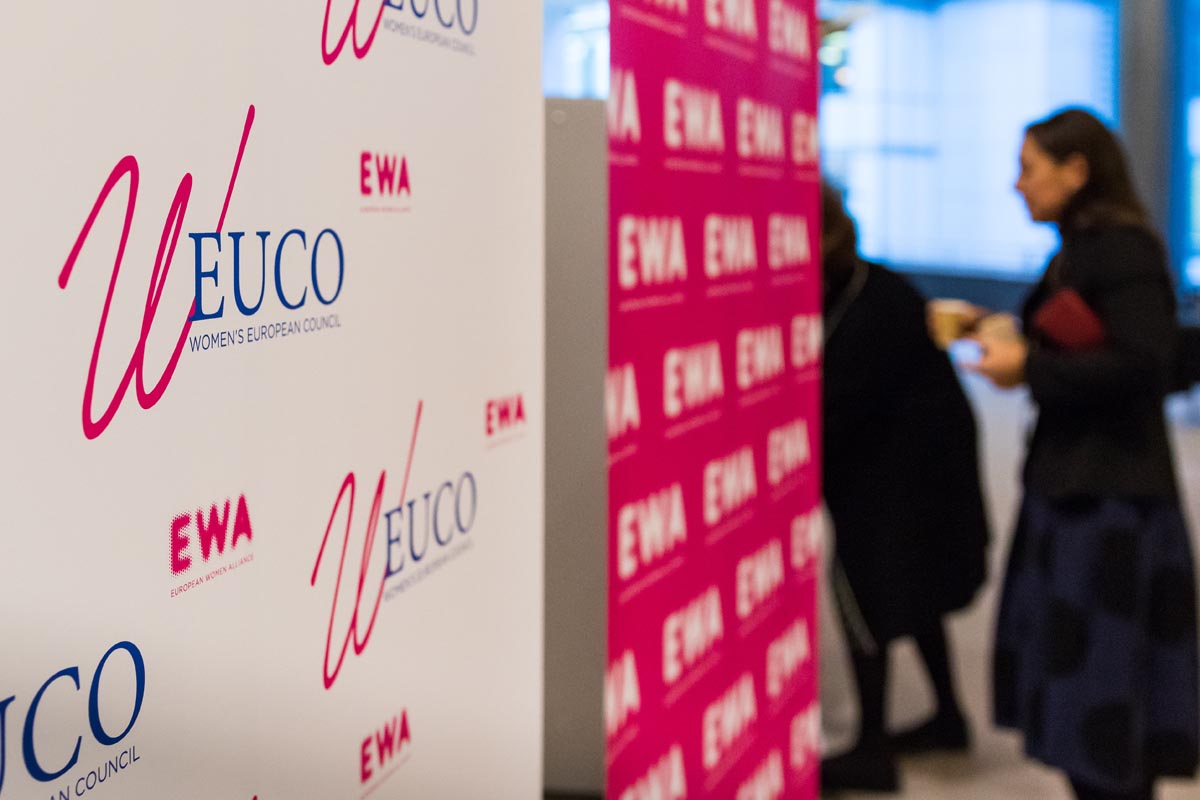
Most of political and economic decision-making processes are still dominated by male majority when, on the other hand, the contribution of women has never been so necessary. EWA addresses its advocacy activities to bridge the existing gender gap and to commit EU institutions, European and national leaders to accelerate the achievement of gender equality, to reinforce European democracy and to make our economy inclusive and fairer for everybody.
Just as feminism is a constant practice of liberation, so the European Union is a constant process of integration that needs to be nourished by democratic participation and public policies ensuring everyone will realize their potential.
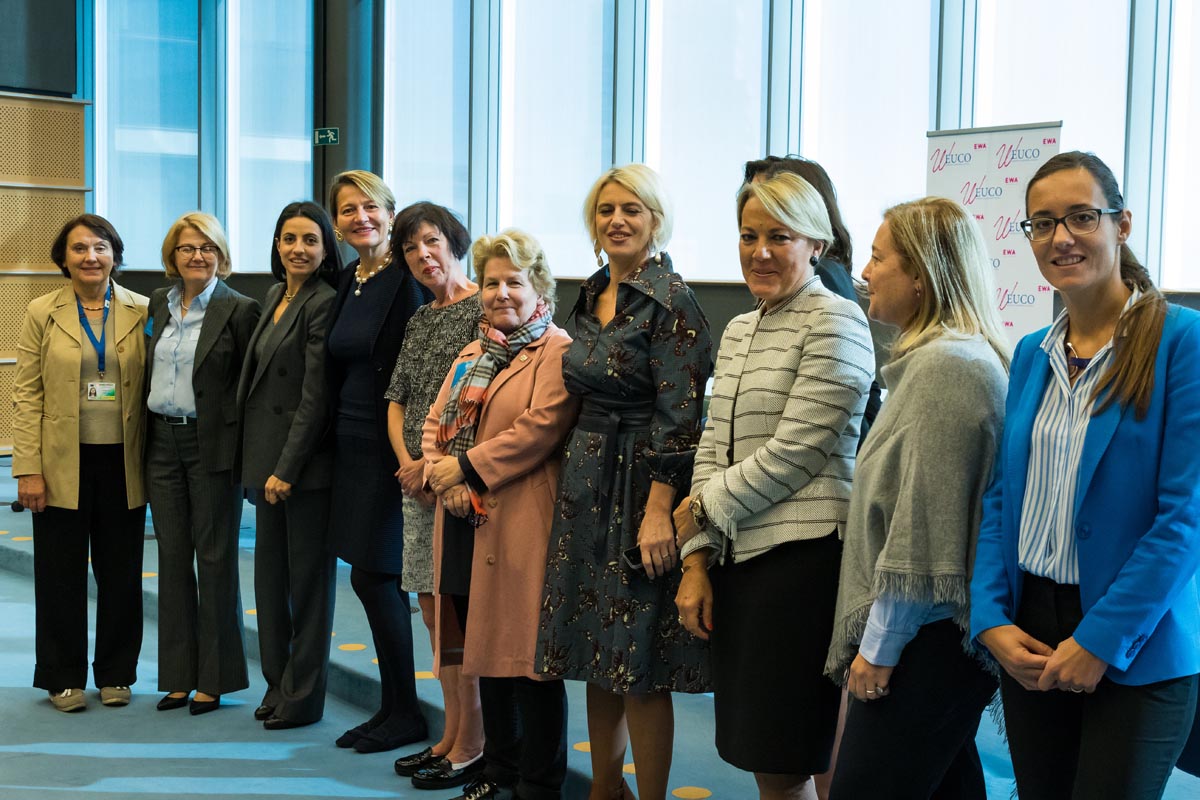
In a fair world, a person’s background should not matter in order to achieve ones goals and dreams. Ensuring full access to education, health and social services, decent job conditions, equal opportunities and fundamental rights, represent values that concern us all, not just women and minorities. Yet, even advanced economies are nowhere near being inclusive enough. If we want to make a change, then public policies have to change.
To this purpose, EWA is committed to strengthen European public policies and programs with a gender perspective to maximize their social impact, reinvigorate democratic participation by creating unique opportunities for broad transnational dialogue between institutions, civil society and social partners.
EWA works in close cooperation with EU institutions to:
- Put forward cross sectorial public policies proposals to ensure gender perspective is embodied in European public policies and programmes, with the view of making the EU more inclusive, fair and sustainable for the current and future generations;
- Develop European transnational and transpartisan coalitions in order to encourage decision makers, both at European and national level, to implement concrete initiatives aimed at closing gender gap. Along the years, our policy proposals have enriched the agenda of the Presidencies of the Council of the European Union, the European Commission and have been endorsed by the European Parliament.
- Expand bottom-up participation in the European public debate and decision-making process by involving civil society organizations, political parties, trade unions, and businesses sector.
- Speed-up top-down policy initiative to meet citizen’s expectation;
- Launch communication campaigns against gender stereotypes and enhancing awareness on culture of equality.
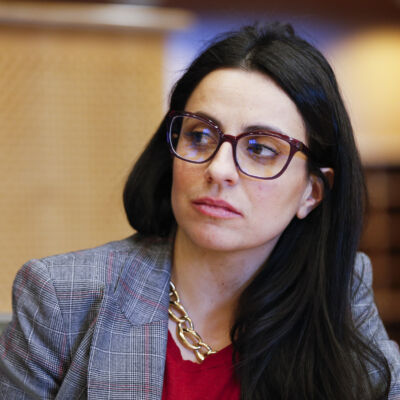
Italian, mom, co-founder and president of European Women Alliance, ten years of experience in European affairs in the field of internal market, trade and foreign policy. She graduated in Political Sciences at university of Rome La Sapienza and holds a M.A in European studies at the ULB of Brussels. Alessia is a pro-European and feminist activist trusting in EU’s integration and women empowerment. She regularly contributes in Huffington Post blog with comments on Italian and European politics.
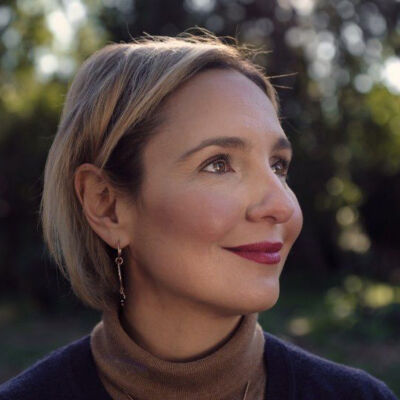
Teaches Economics at the University of Rome Unitelma Sapienza, where she is also the Head of the School of Gender Economics. Her research focuses on Gender Economics. She also works in the field of international cooperation, leading and taking part in projects on women empowerment in countries such as Lebanon and India. She is member of the Cultural Change Commission of the W20 and of the Scientific Committee of the Global Thinking Foundation. She writes books and articles for many Italian and International publishers and takes part in conferences on the topics related to Gender Economics and Women empowerment.
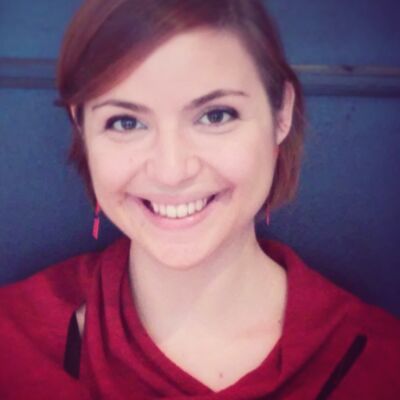
Italian political scientist specialised on EU-Asia trade and political relations. She holds a BA and an MA degree in Chinese Studies from Bologna University, and an MSc In Chinese Politics from the School of Oriental and African Studies, University of London. Chiara works as a Consultant at Polint, and she is among the co-founders of the NGOs Track2Asia and Young China Watchers Brussels.
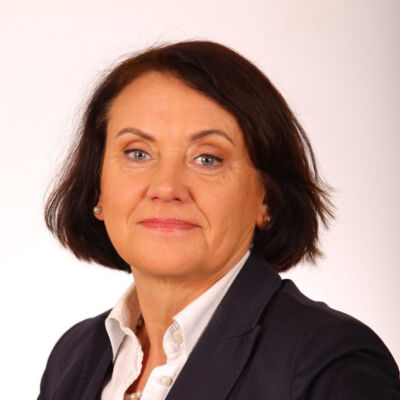
Member of the Board and President of the Scientific Committe of the EWA. She was the first Director of the European Institute for Gender Equality (EIGE) in Vilnius, Lithuania. She established the agency and for 11 years she was responsible for the development and running of the Institute, which was established to support the EU and its Member States in their efforts to promote gender equality, fight discrimination based on sex and raise awareness about gender (in)equality. In her rich work experience of more than 30 years Ms Langbakk worked as Deputy Director at the Ministry for Foreign Affairs of Sweden, she was implementing gender mainstreaming and carried out various trainings on gender equality in the public sector at local, regional and national levels in more than 50 countries worldwide. She is also a certified moderator and facilitator of goal-oriented project planning, monitoring and evaluation and an experienced public speaker.
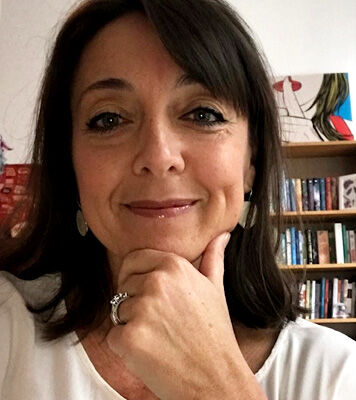
She graduated in Political Sciences and specialized in European Law and Economics. She started her career as Head of Unit in the Italian Ministry of Labor and Social Policies. In the ten years there she has been in charge of several areas: VET and European financial instruments (2002-2005), particularly the European Social Fund; migration policies with a special focus on economic and social integration of migrants, unaccompanied minors and bilateral agreements with third countries. In 2012 she has been appointed as a Social Attaché to the Italian Permanent Representation to the EU, to represent Italy in all Council negotiations on labor, social, equal opportunities and antidiscrimination files. She’s currently serving as National Liaison Officer for Italy in the new established European Labor Authority, promoting EU labor mobility and supporting enforcement of EU legislation in the She is very committed personally in the equal opportunities field, through the promotion and the active participation in several networks based in Brussels.


